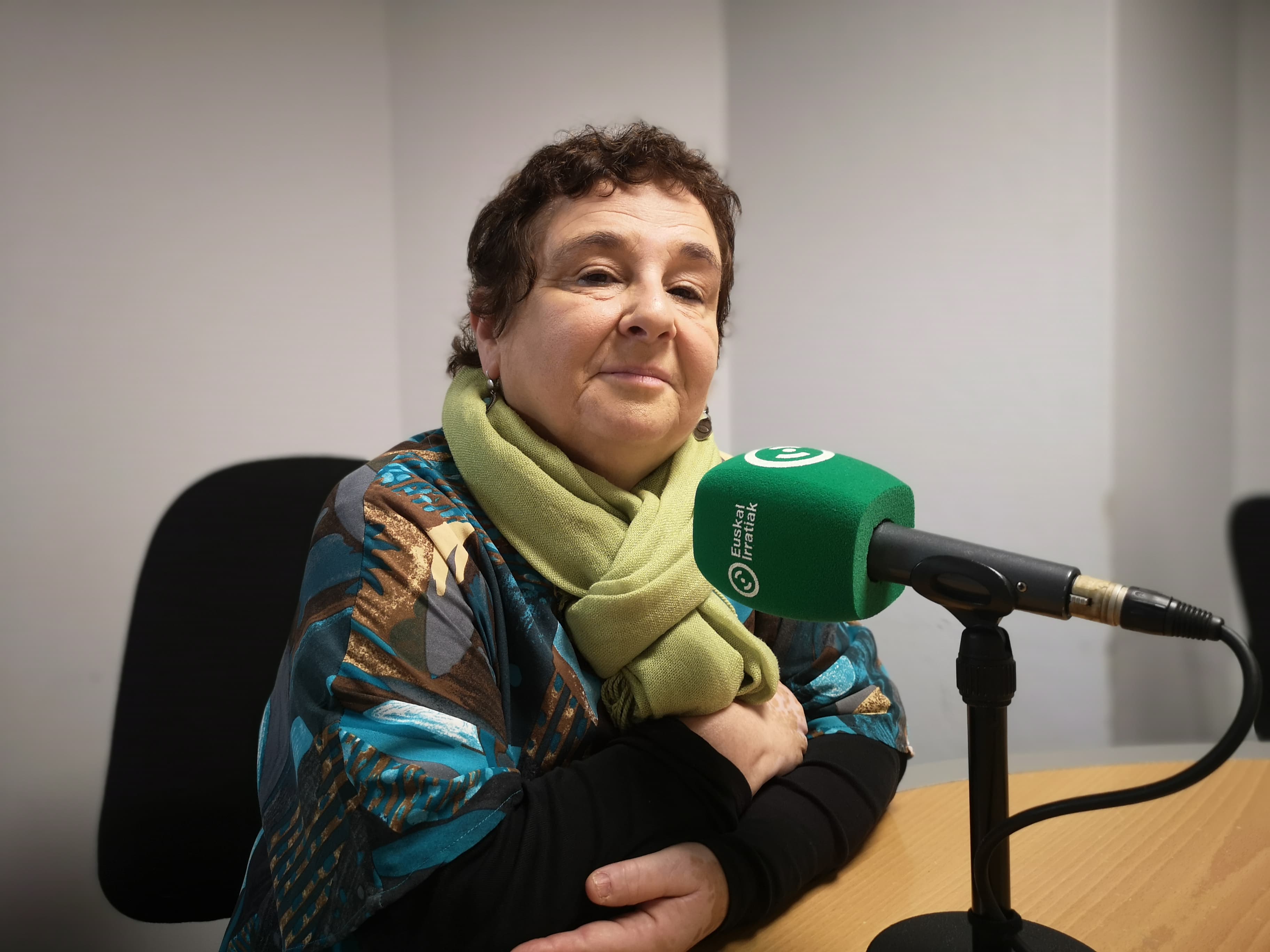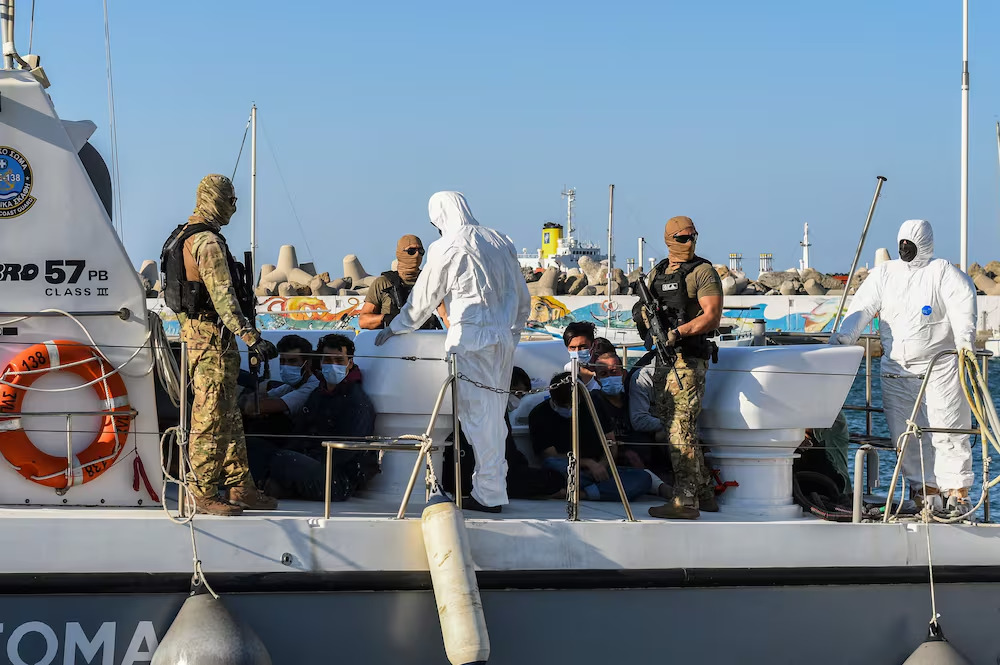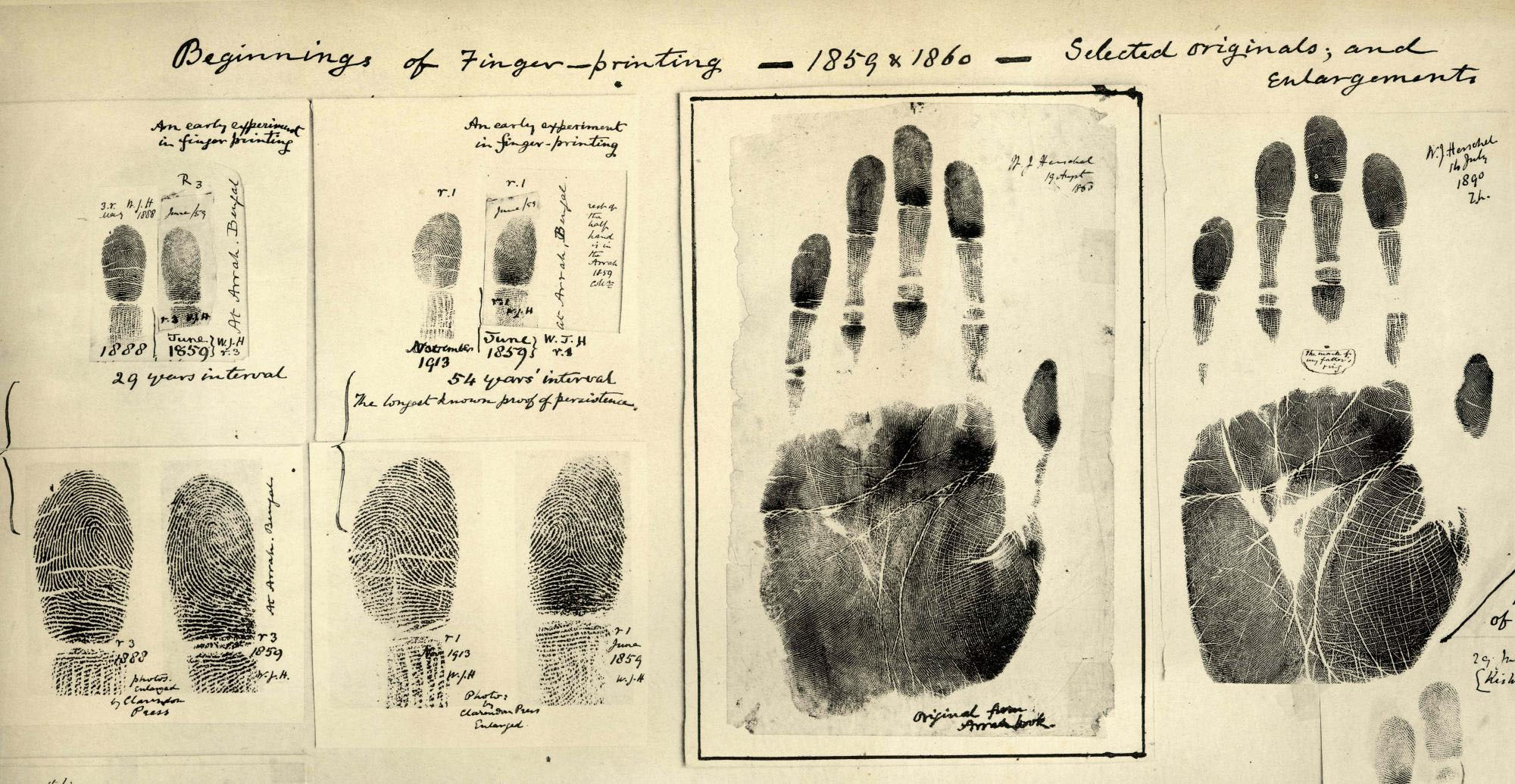50.8 million displaced people worldwide, more than ever in history
- In 2019, 33.4 million people have left their homes because of war and natural disasters. This is the highest figure since 2012, and the number of refugees in the world has reached its historic peak: 50.8 million.

The report has been published by the Observatory on Internal Transfers (IDMC), which is part of the Norwegian Refugee Council (NRC). 2019 has been defined as the year with the most displacements, with 33.4 million displaced by wars or natural disasters.
War and conflict have, in most cases, been the driving force behind transfers. Of the 50.8 displaced persons currently in the world, 45.7 have opted for relocation due to global conflicts. The displaced have been from 61 countries of the world, mainly from Syria, Colombia, the Democratic Republic of the Congo, Yemen and Afghanistan, among others.
However, there are also those who have left for natural disasters. There are 5.1 million people, 1.2 million of whom have been evacuated to Afghanistan because of the probricity caused by the Sycates.
New displaced persons
In contrast, natural causes predominate in the displacements made in 2019, of which 24.9 million are 33.4. Cyclone Fani, responsible for the 4.5 million displacements of India and Bangladesh, has caused as many further displacements of the Idai and Kenneth cyclones in Mozambique and more than 2 million displacements of prolonged rains in other African countries.
Conflict-related displacements amounted to EUR 8.5 million last year, most of them in Syria (1.85 million), the Democratic Republic of the Congo (1.67 million), Ethiopia (1 million) and Burkina Faso (513 billion).
The reality damaged by the global situation
In IDMC they have been concerned about the situation of the refugee population in the refugee camps. Its director, Alexandra Evolution, draws attention because the situation they live on their own can become even worse due to COVID-19: “The coronavirus pandemic will put them in an even more vulnerable situation. It will tighten precarious conditions, making access to basic services and humanitarian aid more difficult.”
Both the MDI and the NRC have called on governments and politicians to change the situation. They have been told that they have to start dialogue, leaving violence and weapons behind. “The only way to solve a problem is analysis and understanding,” said Alexandra Jone, who pointed out that resources are also needed to take real steps.
However, in the midst of those numbers that leave little room for hope, not everything has been negative. IDCM praised efforts to prevent displacement, such as evacuations in several Asian regions. The Executive has also adopted measures to prevent internal displacement and data analyses that have been carried out by several countries.
Kritika artean abiatu dira Gasteizko Arana klinika zena Nazioarteko Babes Harrera Zentro bilakatzeko obrak. Ez auzokideak, ez errefuxiatuekin lan egiten duten gobernuz kanpoko erakundeak, ez PSEz bestelako alderdi politikoak ez daude ados proiektuarekin: makrozentroen ordez,... [+]
"Segurtasun gehiago, inmigrazio gutxiago". Bruno Retailleau barne ministro frantsesa argi mintzatu da, kargua hartu berritan. Etorkinen gaineko kontrola azkartu nahi du Michel Barnier lehen ministro eskuindar-kontserbadorearen gobernuak, eta jada Retailleauk aitzinatu... [+]
Europar Batasunean berriki onartu den Migrazio Itunak, asko zaildu dizkie gauzak euren herrialdetik ihesi doazen eta asiloa eskatzen duten pertsonei. Eskuin muturraren tesiak ogi tartean irentsita, migratzaileentzako kontrol neurri zorrotzagoak onartu dituzte Estrasburgon,... [+]
Migratzaileen kopurua anitz emendatu da Irun eta Hendaia arteko pasabidean. Irungo Harrera Sareak ohartarazi duenez, otsailean 600 pertsona lagundu dituzte, iaz, urte osoan 2.700 izan zirelarik. Iragan urtarrilean, 2.700 etorkin heldu dira Kanariar Uharteetara, egunero 80... [+]





















